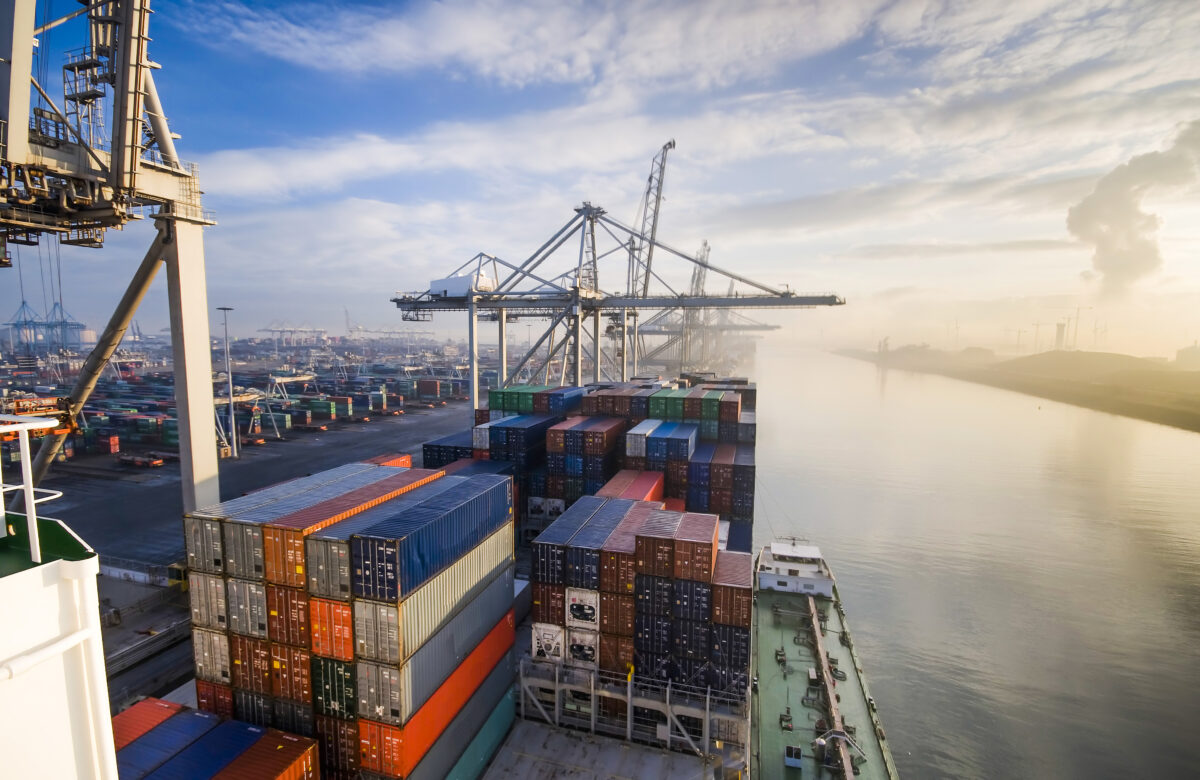A new customs law applies in the European Union as of May 1, 2016. However, the Union Customs Code, which will then enter into force, will be supplemented by two further legal acts regulating their respective details. It is the delegated act and an implementing regulation. These have now been published in the Official Journal of the EU. Companies should deal with the amendments at an early stage, as the three legal acts make the overall legal situation more confusing.
Acts implementing the Union Customs Code
Under the Union Customs Code, the overall legal situation is becoming somewhat more confusing. There will be three acts in future. On the one hand, the so-called basic right “Union Customs Code” (UZK). This is supplemented by two further implementing provisions. On the one hand, there is the so-called implementing act (IA) and on the other hand there is the Union Customs Code Implementing Regulation (UZK-DVO). Until now, customs law has only been divided between the Customs Code and the Customs Code Implementing Regulation.
The fact that there are now a total of three legal acts is linked in particular to the Treaty of Lisbon. This provided that the Commission’s position should be strengthened with its own delegated acts. The Council and Parliament may, by legislative acts, authorise the Commission to adopt delegated acts.
By outsourcing parts of customs legislation into implementing provisions, the European Commission can now make the necessary changes itself more quickly. However, it cannot change essential parts.
A more confusing legal situation in the future
In future, the basic act, the delegated act and the implementing regulation must be read together to “the” Customs law. The legal dossiers can be downloaded directly from the Official Journal:
If you have any questions about the new Union Customs Code, please do not hesitate to contact us. We prepare you and your company for the new customs law and will be happy to advise you on the conversion of business processes and transitional regulations. Call us on +49 40 369615-0 or send us an e-mailDieser Artikel wurde am 10. August 2018 erstellt. Die fachliche Zweitprüfung hat Rechtsanwalt Dr. Tristan Wegner durchgeführt.

